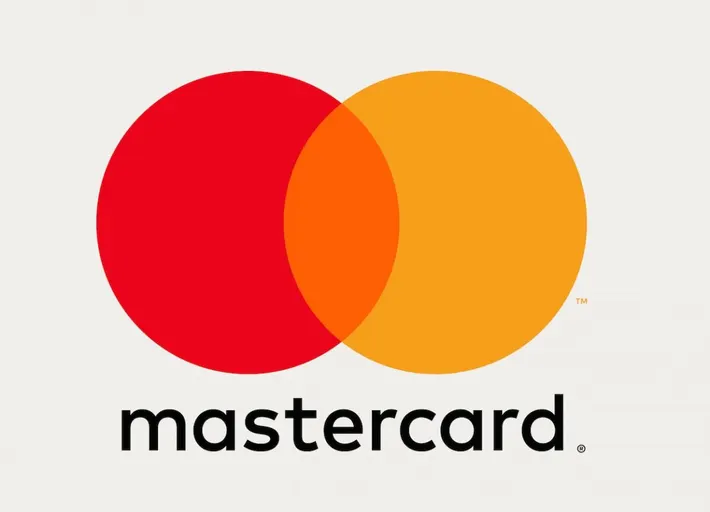Hughesnet Internet Review 2025: Is Satellite Internet Still Worth It for Rural Homes?
If you live in a rural or remote part of the U.S., you’ve likely faced the frustration of limited internet options. Traditional cable or fiber networks often don’t extend far beyond urban and suburban boundaries. That’s where Hughesnet comes in. As one of the most accessible satellite internet providers in the country, Hughesnet offers service wherever you have a clear view of the southern sky.
But is it the right choice for your home? In this review, we’ll explore everything you need to know — from speeds and plans to costs, pros, cons, and key features of Hughesnet’s satellite internet service.
Call to get Hughesnet today: 855-208-8338.
What Is Hughesnet Satellite Internet?
Hughesnet is a satellite internet provider that delivers broadband service using satellites orbiting Earth. Unlike DSL or cable, which rely on physical infrastructure, Hughesnet only requires a satellite dish, modem, and a clear line of sight to the sky. This allows it to serve rural, remote, and underserved areas across the contiguous United States.
Equipment & Installation
To get connected, Hughesnet installs a small satellite dish on your home and provides a modem. Installation is typically handled by Hughesnet-certified technicians. In some cases, customers may opt to add a Wi-Fi mesh system for better signal coverage throughout the home.
Hughesnet Internet Plans & Speeds
Hughesnet currently offers residential plans with download speeds of 50 Mbps to 100 Mbps. While these speeds may not match urban fiber connections, they are more than sufficient for everyday activities like:
- Browsing the web
- Streaming video
- Email and cloud storage
- Online shopping
- Virtual school or remote work (with some limitations)
The Fusion Plan
One of Hughesnet’s premium offerings is the Fusion Plan, which blends satellite and wireless technologies. This hybrid approach reduces latency — the time it takes for data to travel from your device to the internet and back. It makes activities like video conferencing and light online gaming more responsive compared to standard satellite-only services.
Hughesnet Pricing and Contract Terms
Plans start at $49/month, with promotional pricing locked in for the first 12 months. After that, the monthly rate may increase depending on the package.
Customers are required to sign a 24-month contract, and early termination can result in cancellation fees. Hughesnet also often includes a $200 prepaid card as a new customer incentive, making the upfront investment a bit more palatable.
Pros of Hughesnet
✅ Nationwide Availability – Even in the most remote locations, Hughesnet can usually provide service.
✅ Consistent Speeds – Satellite technology delivers promised speeds regardless of physical infrastructure in your area.
✅ Unlimited Data – Hughesnet doesn’t cap your usage, though data prioritization may apply after a threshold.
✅ Improved Latency with Fusion – Hybrid technology helps minimize delays in data transmission.
Cons of Hughesnet Satellite Internet
⚠️ Latency Issues – Even with Fusion, satellite internet naturally has more latency than cable or fiber.
⚠️ Data Prioritization – After using your priority data allotment, you may experience slower speeds.
⚠️ Weather Sensitivity – Heavy rain or snow can temporarily disrupt service.
⚠️ Long-Term Contract – You’re locked in for two years with fees for early termination.
⚠️ Equipment Costs – While installation is included, the equipment setup can be more complex and expensive than plug-and-play cable services.
Who Is Hughesnet Best For?
Hughesnet is ideal for:
- Rural households without access to fiber or cable
- Seasonal homes or cabins in remote areas
- Light to moderate users who browse, stream, and work online without relying heavily on real-time services
It may not be the best fit for:
- Serious online gamers
- Homes with multiple high-bandwidth users
- Streaming enthusiasts who demand ultra-HD quality without interruptions
Final Verdict: Is Hughesnet a Good Choice in 2025?
For many rural homeowners, Hughesnet fills a crucial gap in connectivity. It may not offer gigabit speeds or match the responsiveness of fiber, but it provides a stable, reasonably fast solution for areas that might otherwise be off the grid. The addition of the Fusion plan is a strong step toward improving performance for more demanding tasks.
However, you’ll want to weigh the 24-month contract, possible speed reductions, and latency issues before committing. If a wired option becomes available in your area, it may be worth comparing both services.
Find the Best Internet Plan for Your Area
At The Yukon Project, we help you compare internet providers in real time. Our partners can tell you what’s available in your ZIP code, help assess your internet needs, and find you the best deals — all in a single phone call.
Don’t guess—get connected the smart way.
Join the Conversation
Have experience with Hughesnet? Share your thoughts in the comments! If you found this guide helpful, please like, subscribe, and share to help others find the right internet solution for their needs.























